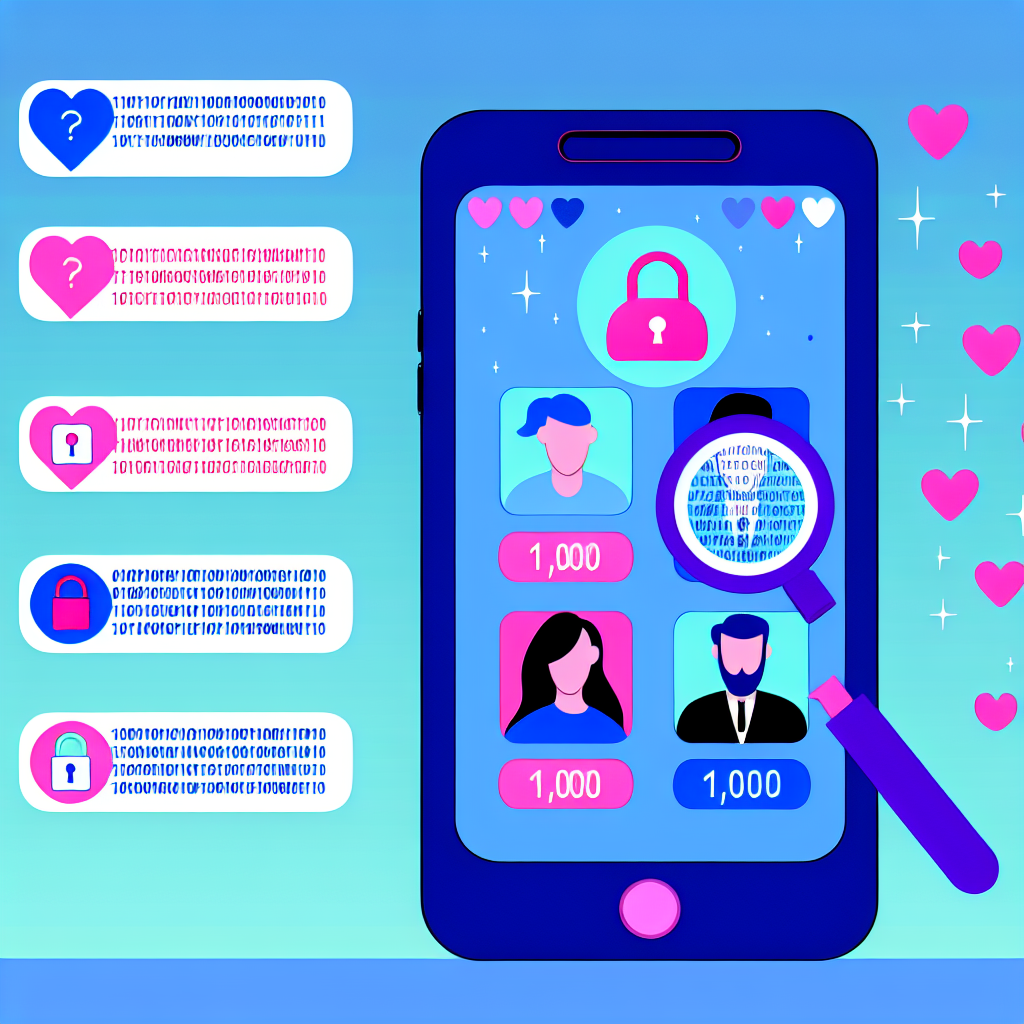Intentional Dating Contracts: The Emerging Practice of Relationship Expectation Documentation
Dating in today’s world can feel like navigating a maze of swipes, DMs, and mixed signals. With digital platforms, shifting societal norms, and an increasing emphasis on mental health and emotional intelligence, more singles are redefining what it means to date with purpose. Enter the Intentional Dating Contract: a game-changing trend focused on clarity, communication, and emotional safety.
What Are Intentional Dating Contracts?
Intentional dating contracts are written, mutual agreements between people in a romantic connection. They’re not legally binding, but serve as tools to help couples outline their intentions, boundaries, and expectations. Common topics include exclusivity, sexual boundaries, communication styles, long-term goals, emotional support, and conflict resolution preferences.
Far from draining romance from relationships, these agreements create space for trust, honesty, and deeper connection. As modern dating becomes more complicated, these contracts offer a structure to eliminate ambiguity and foster aligned, respectful relationships.
Why Intentional Dating Contracts Are Gaining Popularity
The rise of intentional dating contracts signifies a cultural shift toward mindful and healthy connection. Modern daters—from Gen Z to Baby Boomers—are increasingly prioritizing mental wellness, emotional safety, and transparent communication.
Millennials and Gen Z, in particular, are pioneering these practices, embracing frank conversations around gender roles, emotional labor, and boundaries. But this is not just a youth-driven movement. Older adults reentering the dating scene after divorce or loss also find comfort in agreements that offer emotional clarity and protection.
In a dating environment marked by ghosting, breadcrumbing, and emotional unavailability, intentional agreements serve as proactive shields—allowing individuals to spot mismatched intentions early and reduce emotional fallout.
The Psychology Behind the Practice
Supported by Relationship Science
Though new in dating culture, intentional dating contracts are grounded in well-established psychological and relationship principles. Dr. John Gottman, renowned for his research on relationship longevity, identifies trust, commitment, communication, and understanding as pillars of healthy relationships—each of which is fostered through an intentional dating agreement.
These contracts offer couples a hands-on way to align on critical topics from the start, creating secure emotional footing that leads to stronger relationships.
Backed by Experts in Emotional Intelligence
Dr. Alexandra Solomon, therapist and author of *Loving Bravely*, champions “relational self-awareness” and conscious agreement-making. Voluntary written agreements encourage honest discussions that help reduce conflict and increase satisfaction.
Moreover, many therapeutic practices use similar contracts to help clients manage boundaries and communication. Applying these tools in dating strengthens emotional safety and mutual understanding between partners.
Evidence from Research Studies
A 2017 study published in the *Journal of Social and Personal Relationships* found that couples who practiced structured communication from the start experienced longer and more satisfying relationships. So contrary to the idea that early vulnerability is “too much too soon,” research shows that such openness paves the way for durable, meaningful connections.
Trauma-Informed Relationship Tool
Intentional dating contracts also align with trauma-informed care principles. Individuals with relational trauma benefit from clear boundaries, written agreements, and guaranteed space for their emotional pacing. According to the National Council for Mental Wellbeing, transparency and consent are vital for trauma-sensitive romantic partnerships.
Real-World Applications and Tools
Leading dating coaches like Matthew Hussey advocate for dating “with intention.” Hussey stresses that intentionality saves emotional energy and prevents unnecessary heartache—exactly what these dating contracts aim to do in practice.
Seeing the growing interest, platforms like HitchMe.com are even preparing to integrate custom dating contract tools directly into online dating experiences. Features like guided prompts and digital templates could help millions of users create agreements that bring emotional safety into the mainstream.
The Future of Dating Is Intentional
Rather than being overly formal or rigid, intentional dating contracts represent a healthy evolution of romantic connection. They embody a culture of empowerment, vulnerability, and clear communication in a world where dating often lacks authenticity.
Whether you’re newly entering the dating scene, recovering from heartbreak, or simply embracing new relationship standards, these contracts offer thoughtful ways to protect your heart and build deeper trust with others.
In a society increasingly prioritizing mental well-being and emotional safety, intentional dating contracts could be the very blueprint for love that lasts.
—
## Summary
Intentional dating contracts are emerging as a game-changing trend in modern dating, allowing couples to create written agreements that outline their intentions, boundaries, and expectations. Grounded in relationship science and backed by experts in emotional intelligence, these contracts are gaining popularity as a way to foster clarity, communication, and emotional safety in romantic connections. As the future of dating becomes more intentional, these agreements offer a structured approach to building deeper trust and more fulfilling relationships.
## References
– [The Gottman Institute – The Four Pillars of a Healthy Relationship](https://www.gottman.com/blog/four-horsemen-recognize-relationship-red-flags/)
– [Dr. Alexandra Solomon – Relational Self-Awareness and Intentional Relationships](https://dralexandrasolomon.com/loving-bravely/)
– [Journal of Social and Personal Relationships – Effective Communication Predicts Relationship Satisfaction](https://journals.sagepub.com/doi/10.1177/0265407516689606)
– [National Council for Mental Wellbeing – Trauma-Informed Relationships](https://www.thenationalcouncil.org/resources/principles-of-trauma-informed-care/)
– [Matthew Hussey – Dating with Intention](https://matthewhussey.com/blog/how-to-date-with-intention/)

Dominic E. is a passionate filmmaker navigating the exciting intersection of art and science. By day, he delves into the complexities of the human body as a full-time medical writer, meticulously translating intricate medical concepts into accessible and engaging narratives. By night, he explores the boundless realm of cinematic storytelling, crafting narratives that evoke emotion and challenge perspectives. Film Student and Full-time Medical Writer for ContentVendor.com




